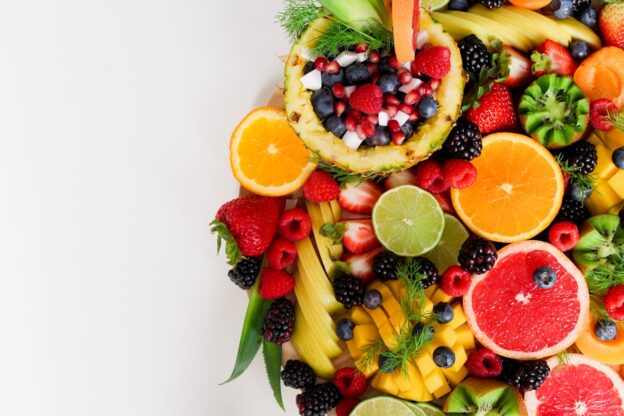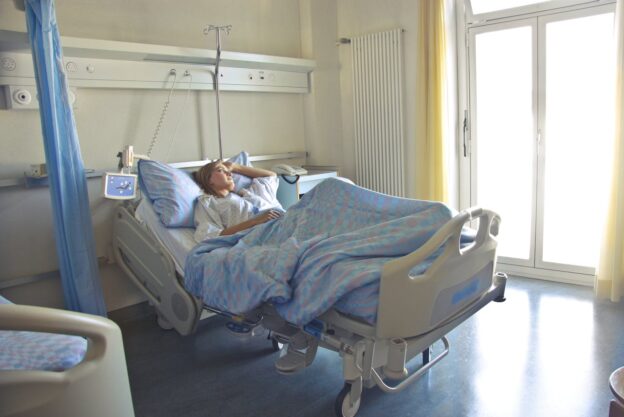Recovery doesn’t stop after treatment ends. It’s an ongoing process that depends on the choices you make every day. Many people wonder what comes next after completing a program, and that’s where lifestyle changes to support recovery become so important. Simple daily habits can help you stay focused, rebuild your health, and protect your sobriety. It’s not about perfection, but about small, steady steps forward. Things like exercise, balanced meals, and healthy sleep patterns all play a role. So do relationships, hobbies, and ways to manage stress without turning back to old habits. If you’ve been through drug and alcohol rehab in West Virginia, or anywhere else, making these changes can guide you toward lasting progress. You deserve stability, peace, and a future that feels within reach.













